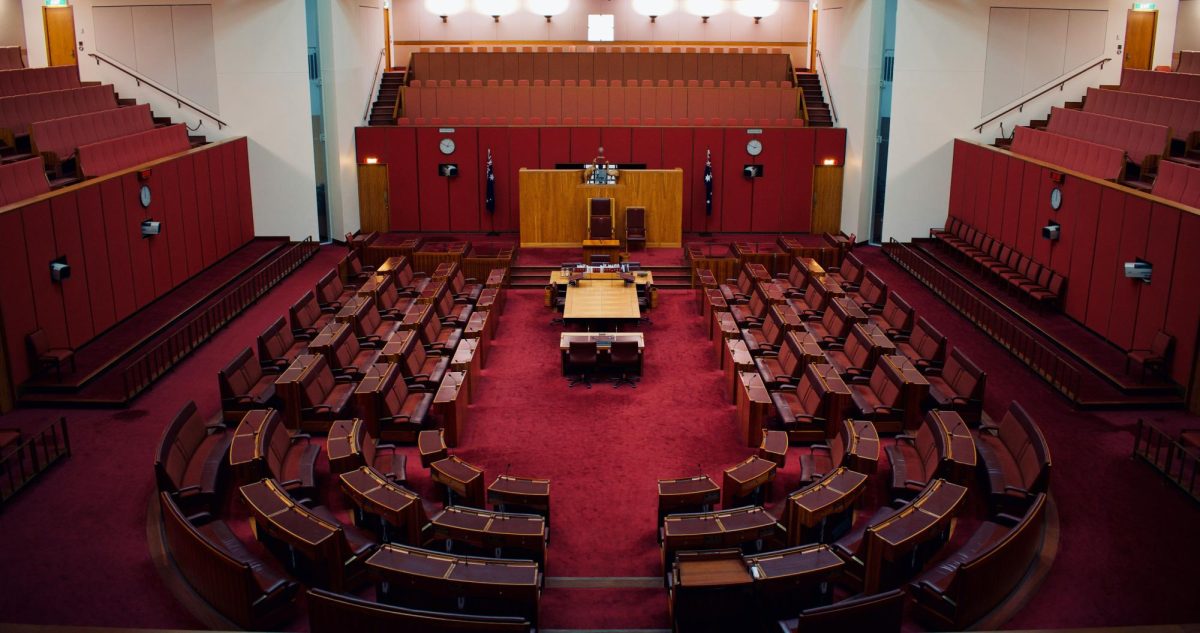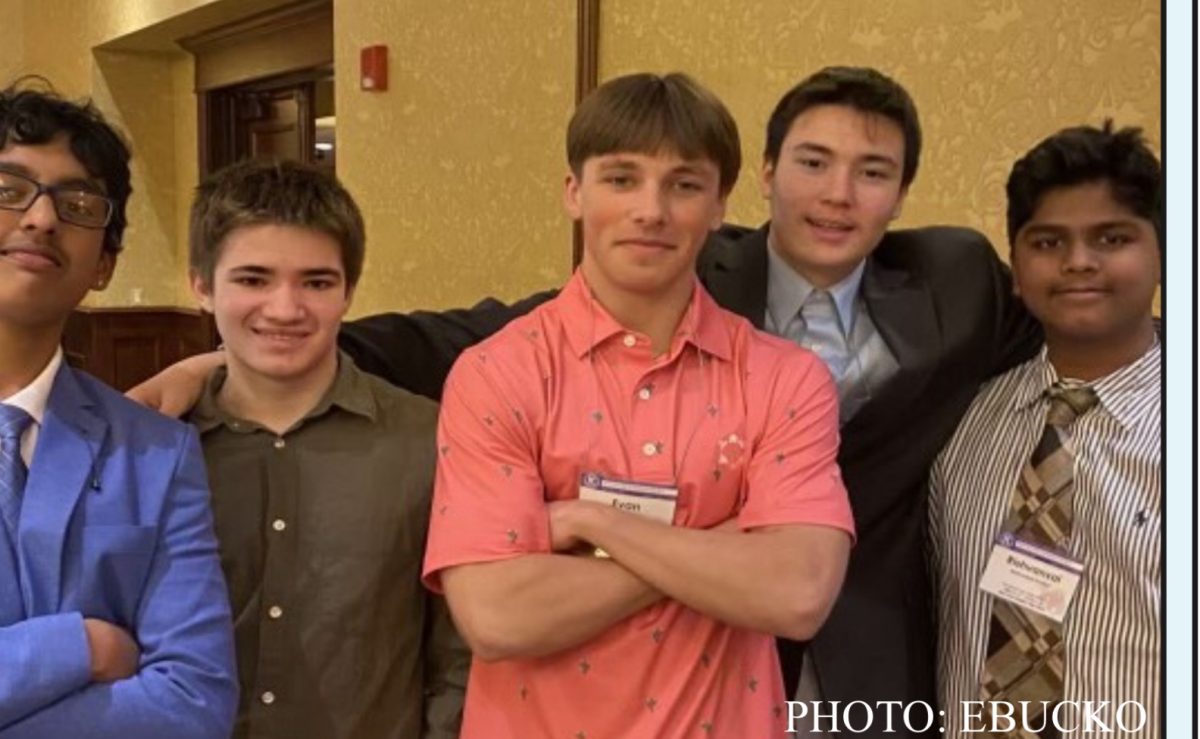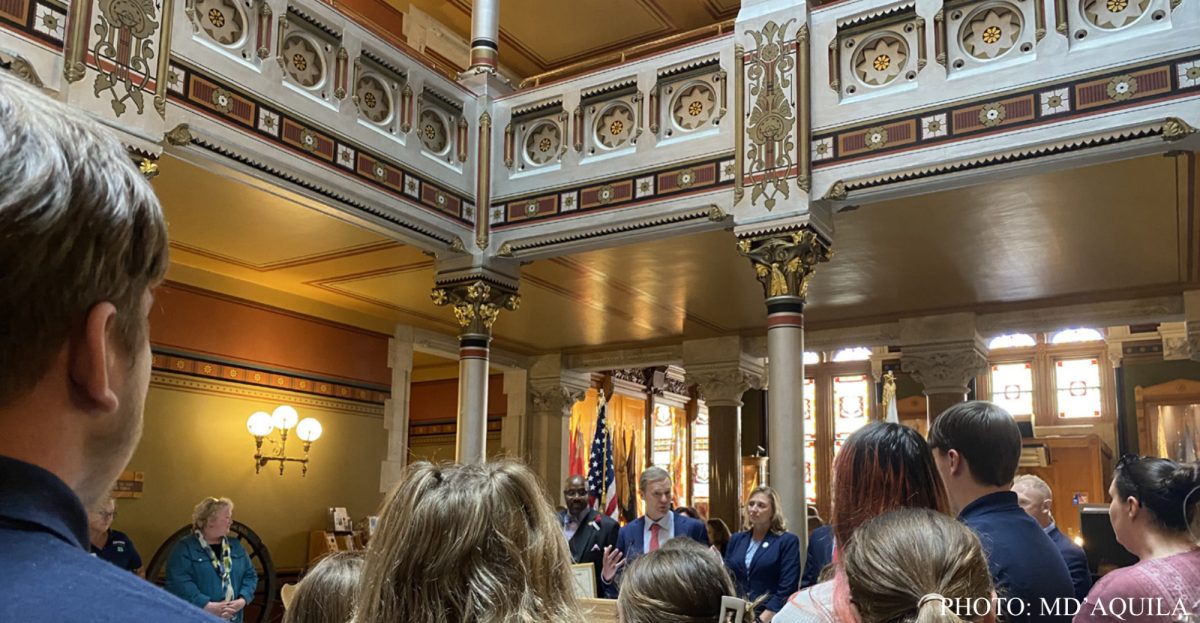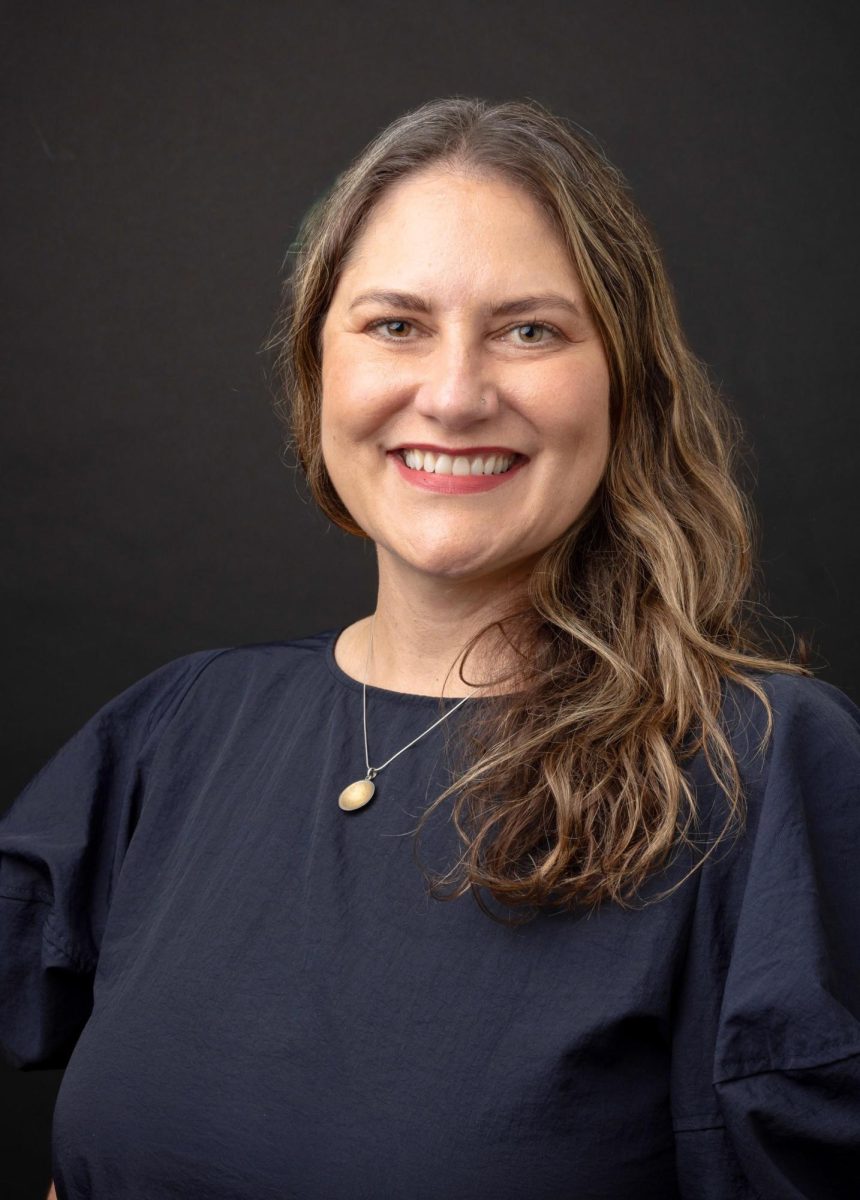Blood Drive. Graduation. Dances. And yes, of course there are still fundraisers, class trips, and prom.
While the final product of most of these memorable high school activities seem smooth and simple, there is a reason why: the class senate is doing their job.
However, there are many moving pieces that result in the class being as pleased as it can be. Visiting venues, booking DJs, catering, food trucks, lighting, themes, organizing forms for music requests- there are many things going on behind the scenes of many popular activities.
First off, there are two different senates. The class senate, which contains the officers and senators for each class, and the full senate which is composed of all of the class’ senators.
For each class there is a president who unites the different ideas of senators, the vice president who assists the president in anything they may need, the treasurer who controls the money across the senate, and secretary who manages social media and takes minutes. (Look below to see who fills each of these positions and a picture of each senate’s president).
In a full senate meeting, senators typically gather in the auditorium and talk about current initiatives they are planning. Whether it is the March 6 blood drive or debating the possibility of a second spring pep rally, the senate always has to discuss ideas and according to full senate advisor Stephanie Jenkins, everybody gets their say.
Separate from the full senate, each individual class senate meets bimonthly. They often discuss more class-related
activities such as prom, fundraisers, or community service. According to full senate advisor Mary Jennings, the ultimate goal is to “try to earn money to defray the cost of senior year.”
The said cost of senior year is substantial. Some activities include prom, the senior class trip, graduation, and more. The individual class senate is in charge of fundraising that money to help lessen the outright cost of tickets. For example, if a senate had a hard time raising money, the prom tickets could be up to $150, whereas a senate that hosted effective fundraisers over the four years could sell the tickets for less than $50, thus allowing more affordable tickets.
The senior gift, a prominent feature of the leaving senior class, is a decision made by the senior senate with input from the class. The senior gift consists of a gift from the seniors to the rising classes in hopes of bettering their high school experience. For example, a past senior class helped with promoting designs on graduation caps, and a different class donated the speakers in the auditorium.
Ms. Jenkins explained that the full senate money (mostly raised from Homecoming and Spirit Week) takes much longer to accumulate. The money gained, however, is used on much bigger incentives. For example, a past senate helped to fundraise and replace the scoreboards in the North Gym.
“We are currently trying to get a projector for the North Gym,” senior and full senate president Alex Salerno said. This would be helpful for assemblies, sports, or guest speakers to enhance the display. “But, we have lots of plans for the future as well.”
All class senate meetings are open to all students to attend. Ms. Jennings explained that while many students are unaware that they are able to attend class meetings, their presence is always welcome. This is especially helpful
for people to voice their opinions since there are limited responses on Google forms that are sent across the school.
Being in the senate also comes with its challenges. “Many of the things that happen in the senate are out of our control. For example, last year when the Spring Fling got cancelled, we simply weren’t able to sell enough tickets.
It’s also surprisingly difficult to get a message out to the whole class, even with social media and Google classroom,” junior class president Eric Yang said.
Ultimately, the goal of the senate is “to represent the whole student body,” Ms. Jenkins said. “Everybody should have a voice, but not everyone can express it. So, the senators are supposed to represent their classes and bring forward their class concerns.










